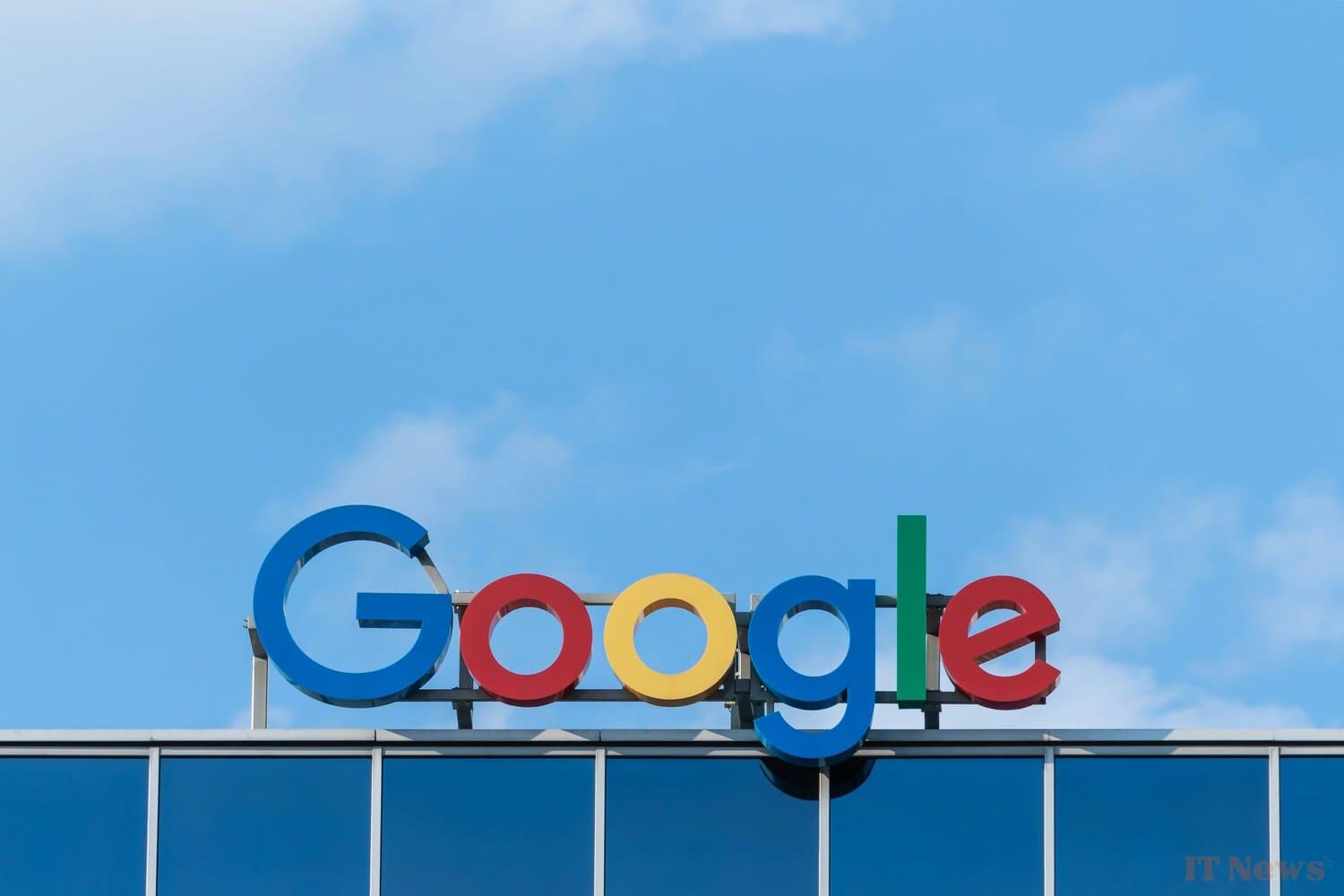Google is once again in the European Commission's crosshairs. Brussels has unveiled two preliminary accusations against the company, claiming it is not complying with the Digital Markets Regulation (DMA), the European law that came into force in March 2024 to limit abuses by very large platforms.
Biased Google results?
First criticism: Google favors its own services in search results. Shopping, hotels, sports results, and even transport reservations are allegedly highlighted in a more visible and attractive way than those of competitors. This would include enhanced boxes or more practical filters — elements that capture the user's attention from the first page.
"Our initial view is that Alphabet is not playing the game in Google Search," explains Teresa Ribera, Competition Commissioner. "The company's services are more visible, better highlighted, which distorts competition." A practice prohibited by the DMA, which requires fair treatment between the giant's services and those of other market players.
The problem is that Google had submitted changes intended to correct these biases. But according to Brussels, these adjustments are insufficient. The Commission is relying on feedback from workshops organized with other companies in the sector to support its opinion.
Second sensitive point: the Play Store, Google's app store on Android. Here, the Commission believes that developers do not have the freedom to inform users about other, often cheaper, payment methods outside of the Play Store.
Certainly, the regulation does not prohibit Google from charging a commission when a user discovers an app via its store. But according to the Commission, the fees charged are excessive and apply over a period that is far too long. In short: once a user uses the Play Store, Google continues to receive its share of all transactions, even long afterward.
"Developers must be able to direct users to cheaper offers, it's as simple as that," summarizes Henna Virkkunen, the EU's Vice President for Technological Sovereignty.
These accusations are not yet final. Google can still respond in writing and try to convince Brussels. But if the Commission confirms its position, the fine could rise to 10% of the company's global turnover. And for a group that generated more than $350 billion last year, the bill could exceed $35 billion. The European Union is therefore showing its willingness to apply its rules, even if it means facing external pressure. It remains to be seen how Google and the Trump administration will react.



0 Comments